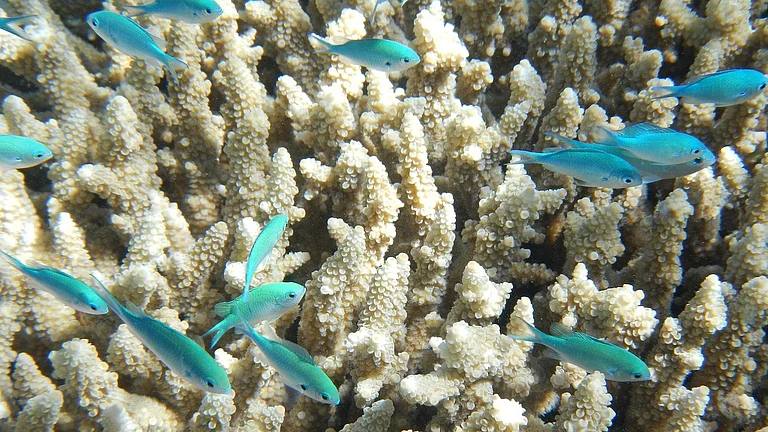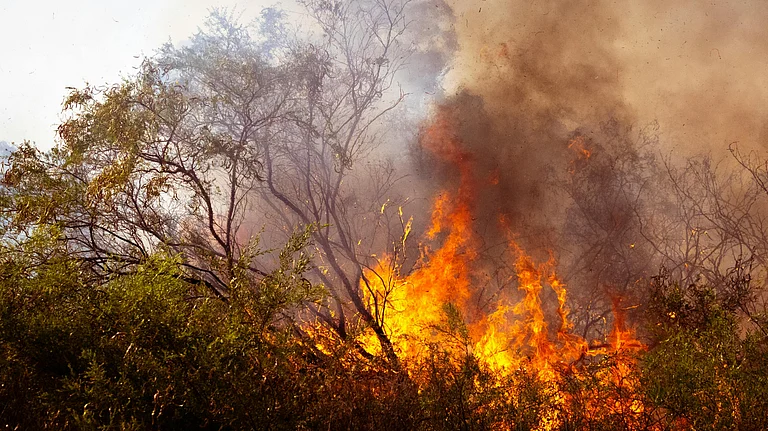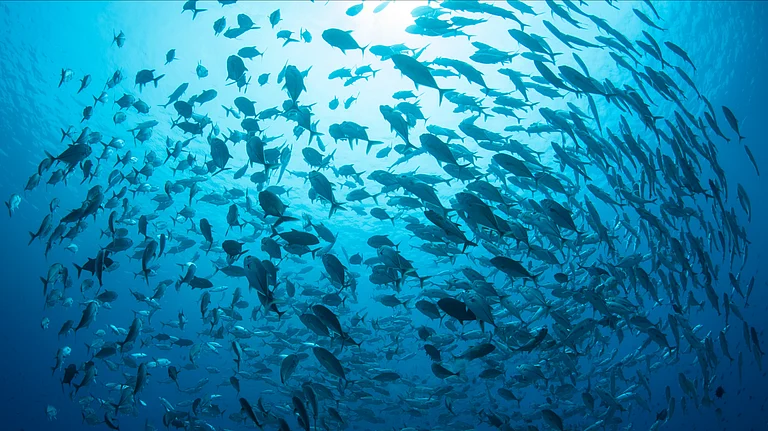The scientific authorities from the US National Oceanic and Atmospheric Administration (NOAA) said on April 23 that over four-fifths of the world’s coral reef areas have been affected by the mass bleaching caused by record-high ocean temperatures, according to Reuters.
The International Coral Reef Initiative(ICRI) and NOAA — both of which track reef health —stated that the world’s fourth global mass bleaching event, declared in April 2024, has shown few signs of slowing down.
With 84% of reef areas —from the Indian Ocean to the Atlantic to the Pacific—exposed to intense heat stress for a duration expected to cause bleaching by March 2025, the crisis has become the most widespread on record, reported Reuters.
Climate Change Fuels Reef Destruction
According to the data by Copernicus Climate Change Service, 2024 was the warmest year on record and the first to reach over 1.5 degrees Celsius warmer than pre-industrial times, contributing to unprecedented ocean temperatures and tripling of marine heatwaves worldwide.
“The magnitude and extent of the heat stress is shocking,” Melanie McField, a marine scientist working in the Caribbean told The Guardian. “Some reefs that had thus far escaped major heat stress and we thought to be somewhat resilient, succumbed to partial mortalities in 2024,” stated McField. "Bleaching is always eerie - as if a silent snowfall has descended on the reef," she added.
Previous events in 1998, 2010, and 2014-17 saw 21%, 37% and 68% of reefs subjected to bleaching-level heat stress respectively.
Marine biologists had warned early last year the world's reefs were on the verge of a mass bleaching following months of record-breaking ocean heat fuelled by human-induced climate change and the El Nino climate pattern, which yields unusually warm ocean temperatures along the equator and in the Pacific.
In December 2024, a weak La Nina pattern, which typically brings cooler ocean temperatures, gave scientists hope that corals might recover, but it only lasted three months.
Contrary to expectations, bleaching continued to spread, NOAA Coral Reef Watch coordinator Derek Manzello told Reuters. The Solomon Islands and Papua New Guinea were recently added to the list of 82 countries and territories registering bleaching-level heat stress in their waters.
It will take scientists years to understand the global extent of coral reef death, but they say they have already observed widespread mortality in parts of the Caribbean, Red Sea and along Australia's Great Barrier Reef.
According to a United Nations report, if current climate policies of all governments are implemented in full, the world could warm more than 3 degrees Celsius by 2100.

































